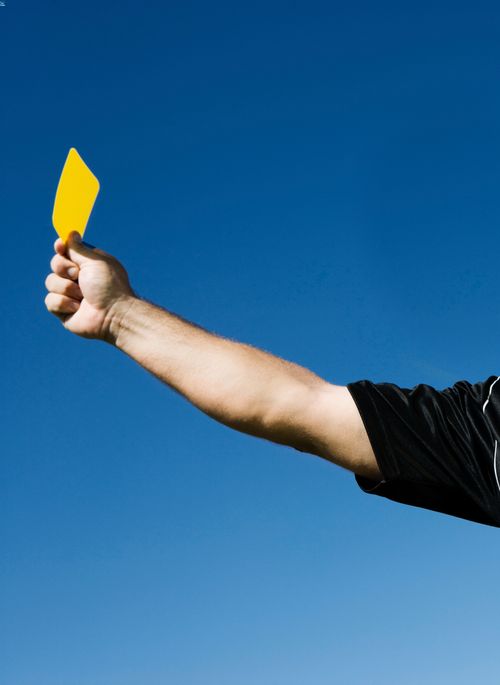- Appellate Litigation
You’ve been awarded damages at your trial. Naturally, you expect to execute on the judgment as soon as possible. But then the defendant requests a stay of court. What this means for the plaintiff is that the judgment will be suspended, pending appeal of the trial court decision. What should you expect if the defendant asks for a stay? Gusdorff Law provides some practical considerations.
Why the Defendant May Request a Stay
The primary purpose of a stay is to preserve the status quo between the parties. This keeps the issue of contention ripe for the courts so they can adjudicate it. In other words, the stay helps ensure that any decision rendered by the appellate court will actually make a difference.
One reason the defendant may want to stay judgment is the argument that irreparable harm would otherwise occur. The defendant must show he or she would lose the benefits of appeal if a stay isn’t first ordered. For example, consider a judgment in favor of the plaintiff ordering the sale of real property. If the sale is allowed to proceed, there may be no way to reverse the transaction later. From the defendant’s view, therefore, the judgment would cause irreparable harm unless stayed.
A stay lifts the obligation off of the defendant to immediately comply with what the trial court decided. Yet the defendant must usually take action to effectuate a stay.
When a Defendant Must Ask for a Stay (Or Not)
Some trial court decisions are automatically stayed upon filing the appeal. For instance, in California, declaratory judgments are often stayed automatically. These decisions don’t require a payment of money or exchange of land between parties. A defendant would therefore need to take no additional action other than moving forward with the appeal.
But for those judgments not automatically stayed, the defendant will have to ask for one. And in those cases, the defendant must usually take additional steps. If you’re the plaintiff, you should understand what the defendant must do (or not) in your type of case. Here are a few basic guidelines:
- Money judgment. The defendant must request the stay and must post security (e.g., appeal bond or undertaking).
- Judgment granting a mandatory injunction. This type of judgment will be stayed automatically.
- Judgment granting or denying a prohibitory injunction. The defendant must obtain a stay order by the appellate court or by writ of supersedeas.
- Judgment ordering the sale, conveyance, or delivery of real or personal property. These include the sale of personal property or foreclosure of a mortgage or other lien. These judgments are stayed by posting security.
It should be noted that stays do not completely tie the hands of the trial court. In other words, there are actions the trial court can still take. The court is not deprived of jurisdiction in such matters as the following:
- Collateral issues
- New trial motions
- Correcting clerical errors
- Awarding costs
- Awarding statutory attorney fees
- Settling a statement on appeal
Let Us Advise Your Team On What To Expect Following Trial
While a stay can be frustrating, it is equally important that a plaintiff not be caught off guard by one. Knowing what the defendant may or may not do can help manage expectations. This, in turn, helps you understand when the judgment may be executed. Gusdorff Law can walk you through the complexities of stays and what to expect if the defendant requests one. Give us a call to learn more.









